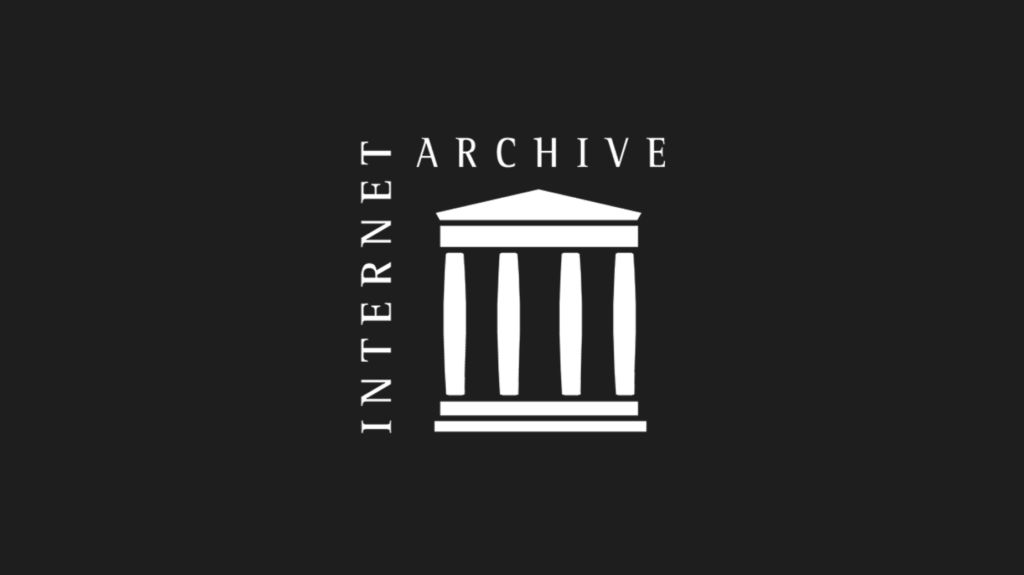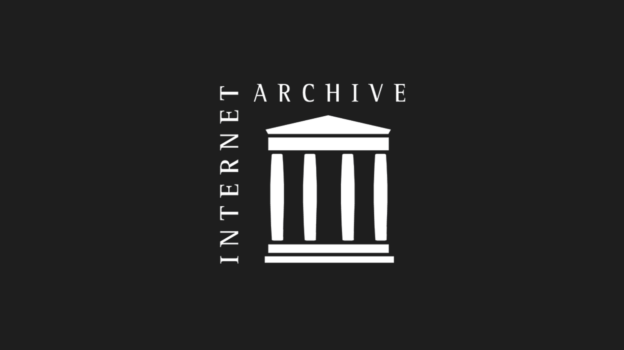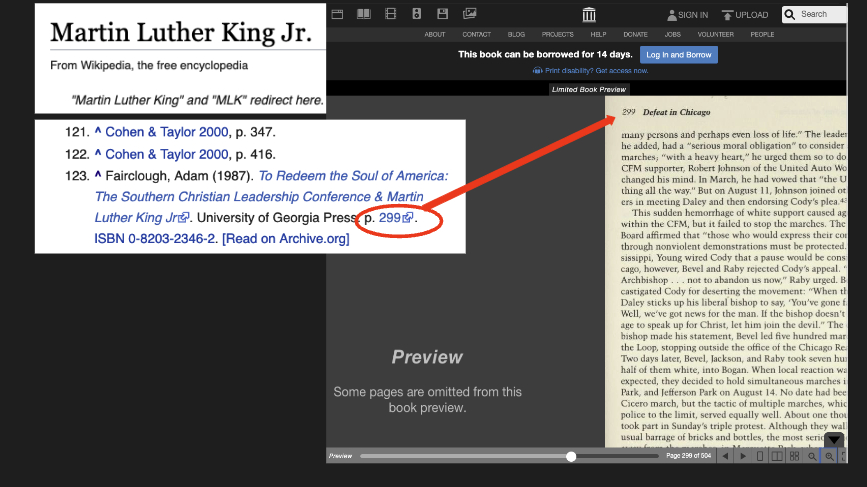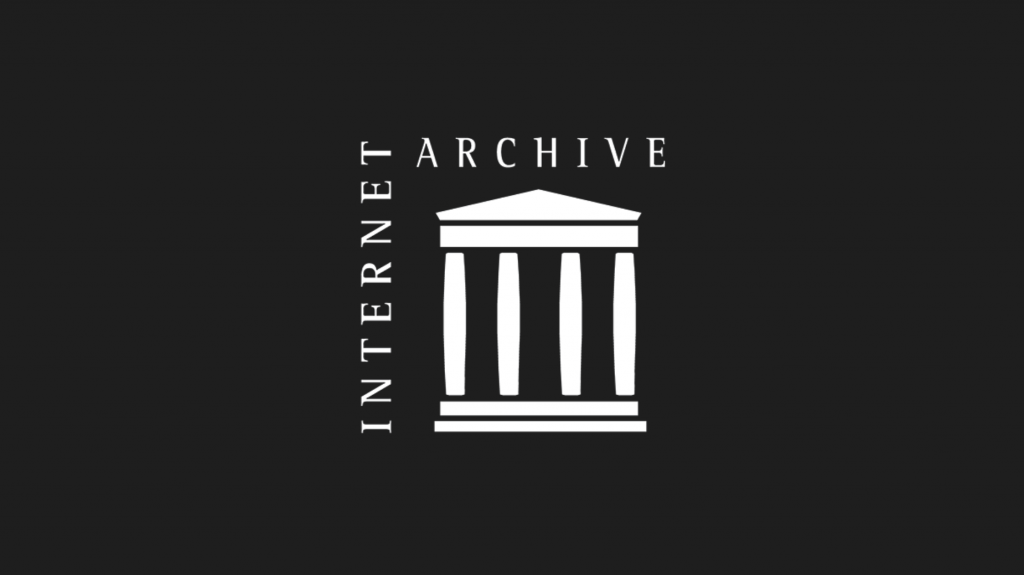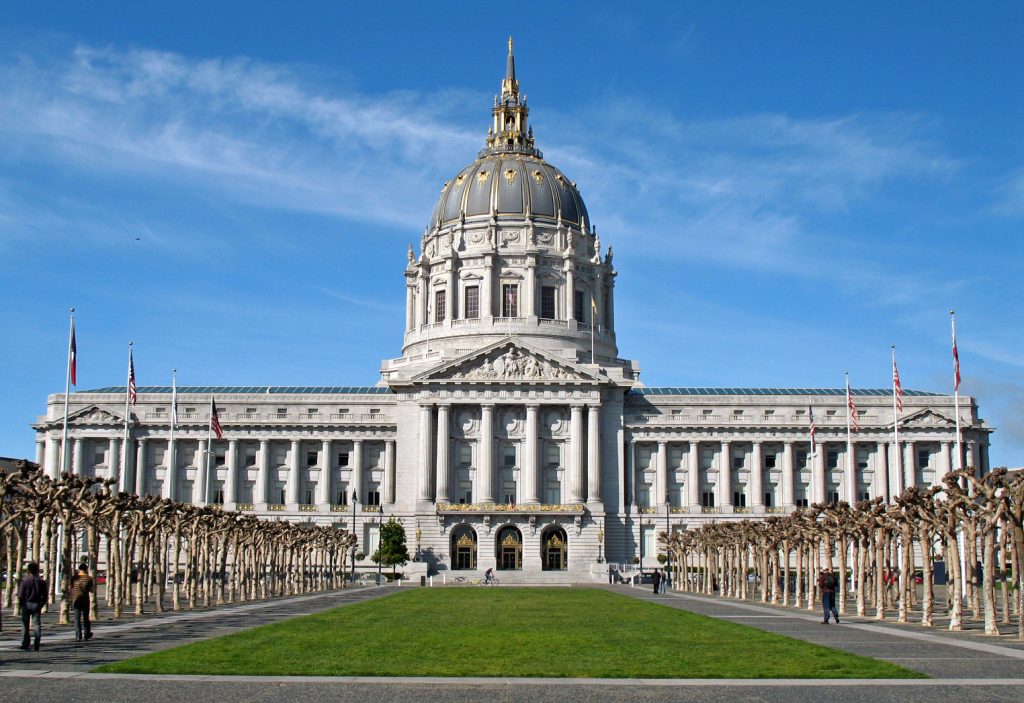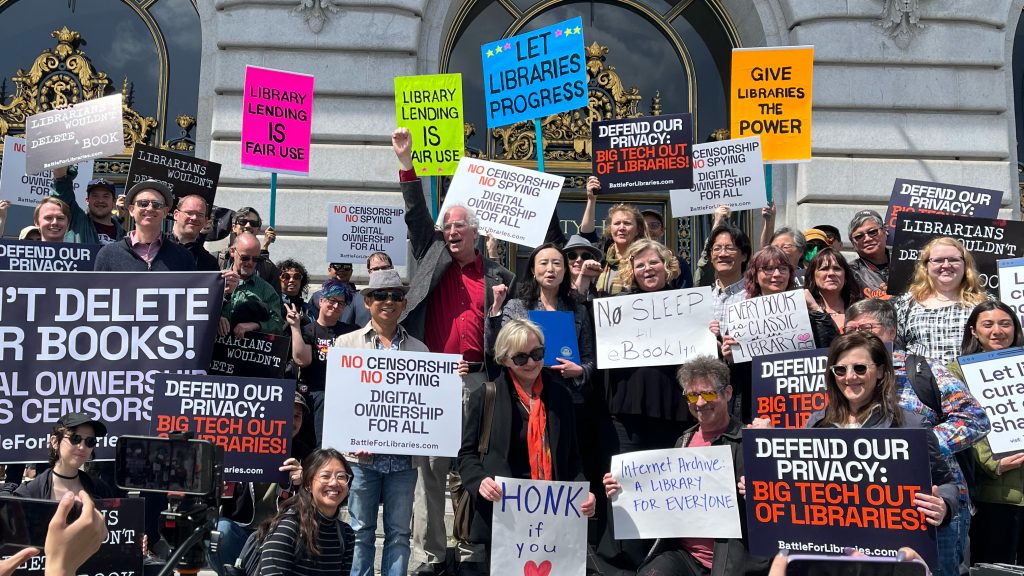Earlier today, we filed our opening appellate brief in Hachette v. Internet Archive, reaffirming our commitment to preserving knowledge for future generations.
Statement from Brewster Kahle, founder and digital librarian of the Internet Archive: We submitted our appeal to the court today to protect the core mission of libraries—preservation and access. This is a fight to keep library books available for those seeking truth in the digital age.
Libraries are not just repositories of books; they are guardians of history and the published record. In this time of wars, election angst, and unstable moments for democracy, this fight gains even more importance.
Why should everyone care about this lawsuit? Because it is about preserving the integrity of our published record, where the great books of our past meet the demands of our digital future. This is not merely an individual struggle; it is a collective endeavor for society and democracy struggling with our digital transition. We need secure access to the historical record. We need every tool that libraries have given us over the centuries to combat the manipulation and misinformation that has now become even easier.
This appeal underscores the role of libraries in supporting universal access to information—a right that transcends geographic location, socioeconomic status, disability, or any other barriers. Our digital lending program is not just about lending responsibly; it’s about strengthening democracy by creating informed global citizens.
The stakes of the lower court decision are high. Publishers coordinated by the AAP (Association of American Publishers), have removed hundreds of thousands of books from controlled digital lending. The publishers have taken more than 500 banned books from our lending library, such as 1984, The Color Purple, and Maus. This is a devastating loss for digital learners everywhere.
This lawsuit is about more than the Internet Archive; it is about the role of all libraries in our digital age. This lawsuit is an attack on a well-established practice used by hundreds of libraries to provide public access to their collections. The disastrous lower court decision in this case holds implications far beyond our organization, shaping the future of all libraries in the United States and unfortunately, around the world.
If this decision is left to stand, it will take away a library’s ability to lend books from its permanent collections to digital learners.
In the face of challenges to truth, libraries are more vital than ever.
Let this be a call to action—to protect the core mission of libraries in our digital age.
—Brewster Kahle
Watch full remarks
Statement from Corynne McSherry, legal director of the Electronic Frontier Foundation: “The publishers are not seeking protection from harm to their existing rights. They are seeking a new right: the right to take advantage of technological developments to control how libraries may lend the books they own.” Watch full remarks.
Statement from Michael Blackwell, public library director, St. Mary’s County Library, Maryland: “The digital revolution has helped libraries reach beyond our doors but also presented enormous challenges. Publisher terms prevent us from offering in digital the robust collections we have in print. Literally millions of titles will never be digitized by the publishers because they have no profit incentive. We cannot even guarantee that digital titles we license today will be available tomorrow. To fulfill their traditional mission—the preservation and dissemination of knowledge to benefit the public—libraries must be allowed to share online the books they legitimately own, as the Internet Archive is doing. Both literally and figuratively, we cannot afford a future in which giant corporations keep reading locked away behind paywalls, and libraries own nothing.”
Statement from John Chrastka, executive director, EveryLibrary: “The Internet Archive is focused on the same goal as every other library: helping readers access books and resources. The ability to lend is fundamental to the work of libraries, and Controlled Digital Lending is a digital solution for that core role. The outcome of this case will have far-reaching implications for readers across the country. I hope the court affirms the ability of all libraries to lend.”
Statement from Winston Tabb, Library of Congress & Johns Hopkins University Library (retired): “The Internet Archive, under the inspiring leadership of Brewster Kahle, is one of the most innovative libraries in the world today. Its focus on preserving and making content accessible to users in responsible ways is a model for other libraries.”
How to Take Action:
1. Send a message to the publishers
Share on X (formerly Twitter): Post to your followers
Hey @HachetteUS, @HarperCollins, @penguinrandom & @WileyGlobal: Instead of suing libraries like @internetarchive, just sell them ebooks they can own & preserve for the public. #SellDontSue
Facebook & Mastodon:
Hey #Hachette, #HarperCollins, #PenguinRandomHouse & #Wiley: Instead of suing libraries like #InternetArchive, just sell them ebooks they can own & preserve for the public. #SellDontSue
2. Support the Internet Archive
Support the Internet Archive to continue fighting for libraries.
3. Stay connected
Sign up for the Empowering Libraries newsletter for ongoing updates about the lawsuit and our library.
